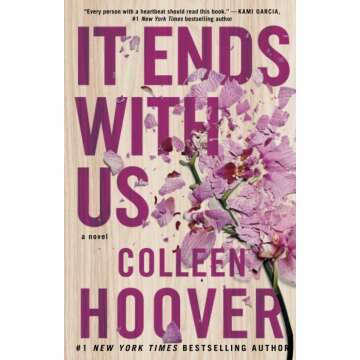The Bold Stance of US Bishops Against Nuclear Weapons
In 1983, a pivotal moment in religious and political discourse emerged when the United States Conference of Catholic Bishops (USCCB) publicly condemned the presence and proliferation of nuclear weapons. This declaration catalyzed discussions not only within the Church but across the nation, challenging both political leaders and individuals to reconsider the moral implications of nuclear armament.
The Conference's Declaration on Nuclear Weapons
The USCCB's declaration was a strong denunciation against the arms race. They articulated the dangers of nuclear war, not purely from a military perspective, but from a profound moral standpoint. By expressing that the existence of nuclear weapons posed a grave threat to humanity, the bishops encouraged a movement towards disarmament and peace.
The Theological Underpinnings of the Bishops' Message
The bishops rooted their condemnation in Catholic teaching, emphasizing the sanctity of life and the moral obligation to protect it. Their message was clear: the arms race contradicts the message of the Gospel, which advocates for peace and reconciliation. This theological basis lent credibility and urgency to their call for disarmament.
Impact of the Bishops' Statement on Society
The bishops' bold condemnation not only aligned with the growing anti-nuclear sentiment across the country but also spurred action among congregants and advocacy groups. The statement became a significant point of reference for activists who sought to engage in nonviolent protests and civil disobedience against nuclear weapons.
The Response from Political Leaders
Political leaders were not dismissive of the bishops’ statement. The public had mixed reactions, with some viewpoints in favor of maintaining a strong military stance while others began to engage with the call for diplomatic solutions. The bishops’ involvement demonstrated the potential influence of religious figures in political matters, stressing morality over military might.
Long-term Consequences of the Bishops’ Call
In the years following the declaration, the bishops’ stance contributed to a broader awareness of nuclear proliferation issues, intertwining faith with activism. Their initiative paved the way for increased dialogue about peace, eventually influencing efforts like the Treaty on the Non-Proliferation of Nuclear Weapons (NPT) and various disarmament talks.
Fun Fact
A Notable Moment in Religious Advocacy
Interestingly, the 1983 condemnation by the US bishops marked one of the first times a national religious body took a firm public stance against nuclear weapons, impacting not just religion but shaping societal conversations on security and ethics.
Additional Resources
Recommended Reading on US Bishops and Nuclear Weapons
For those interested in deepening their understanding of this pivotal moment, consider reading “Nuclear Weapons and the Church” by Joseph C. O’Rourke and “Witness to Peace: The United States Bishops and Nuclear Disarmament” which explore the Church’s teachings and activism regarding nuclear arms in detail.



















 Continue with Google
Continue with Google